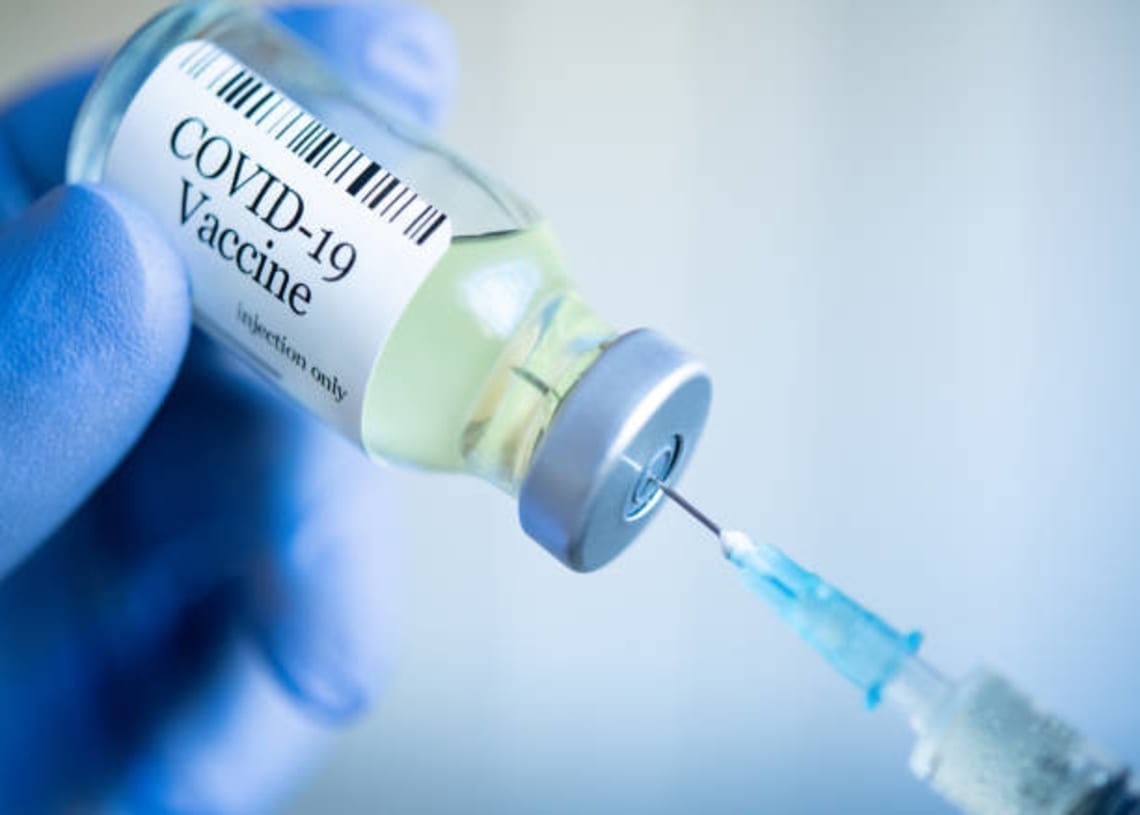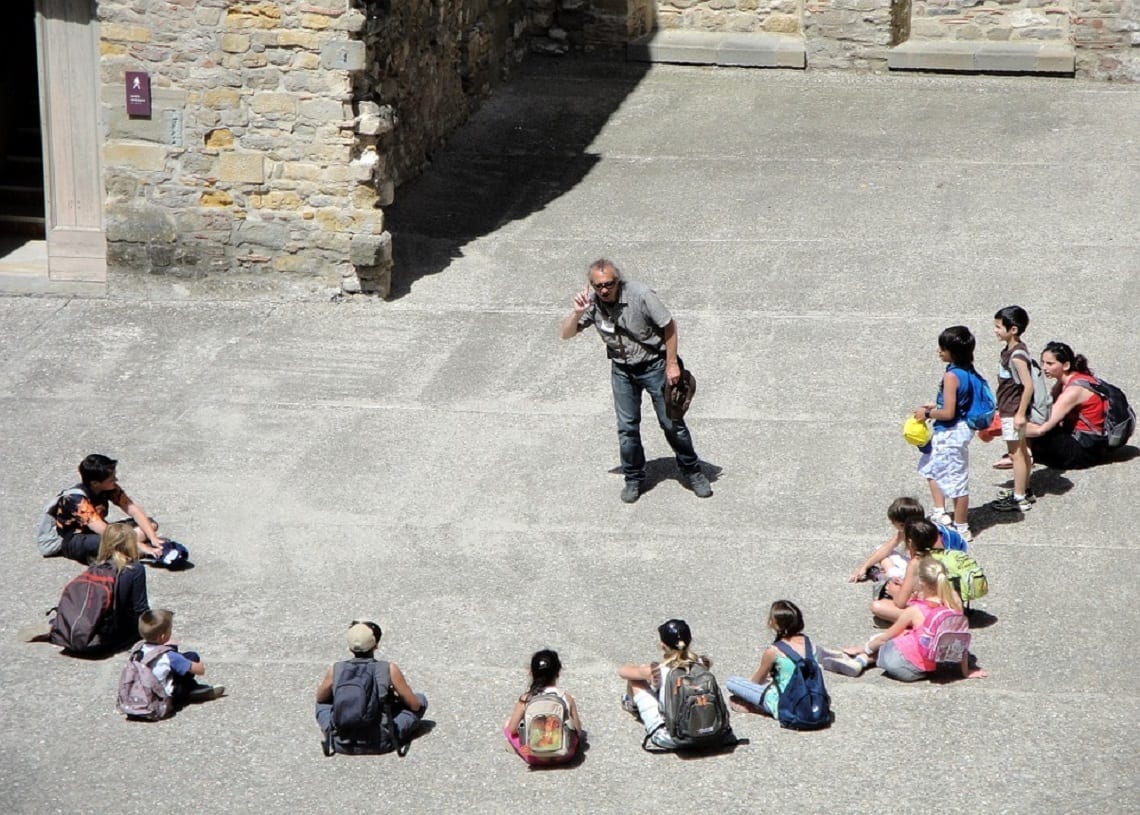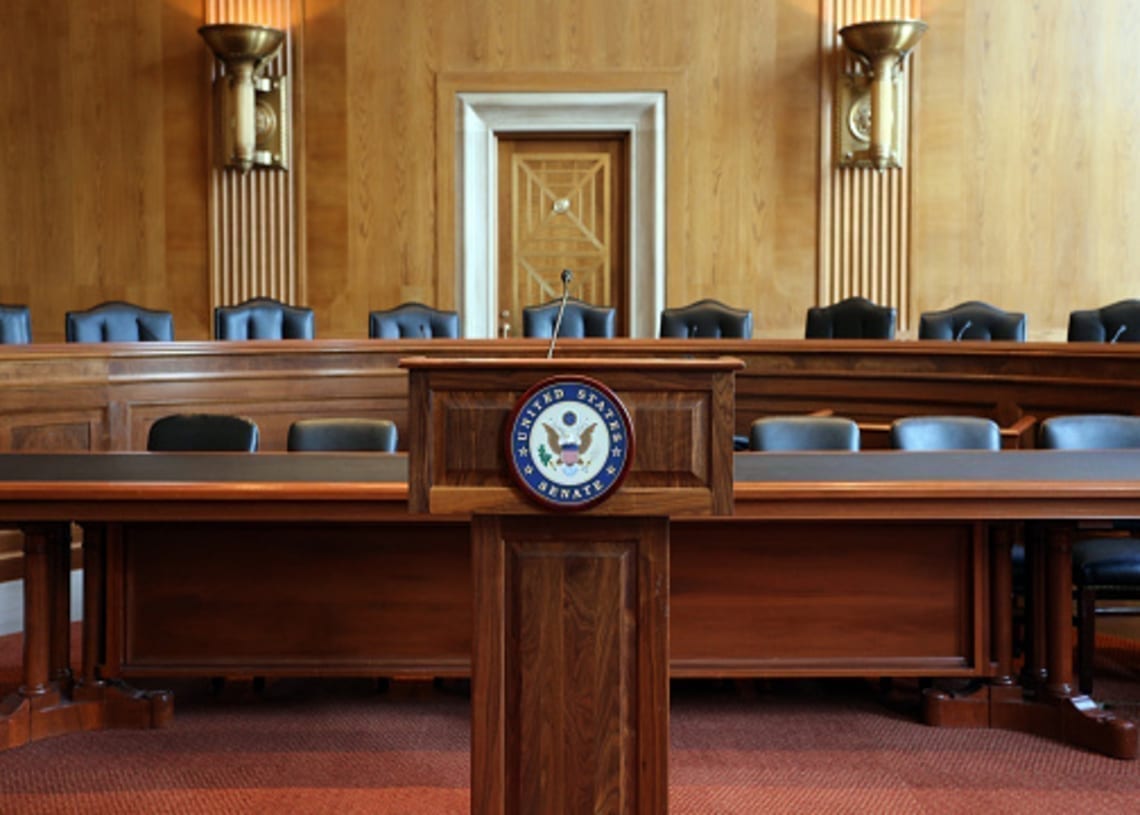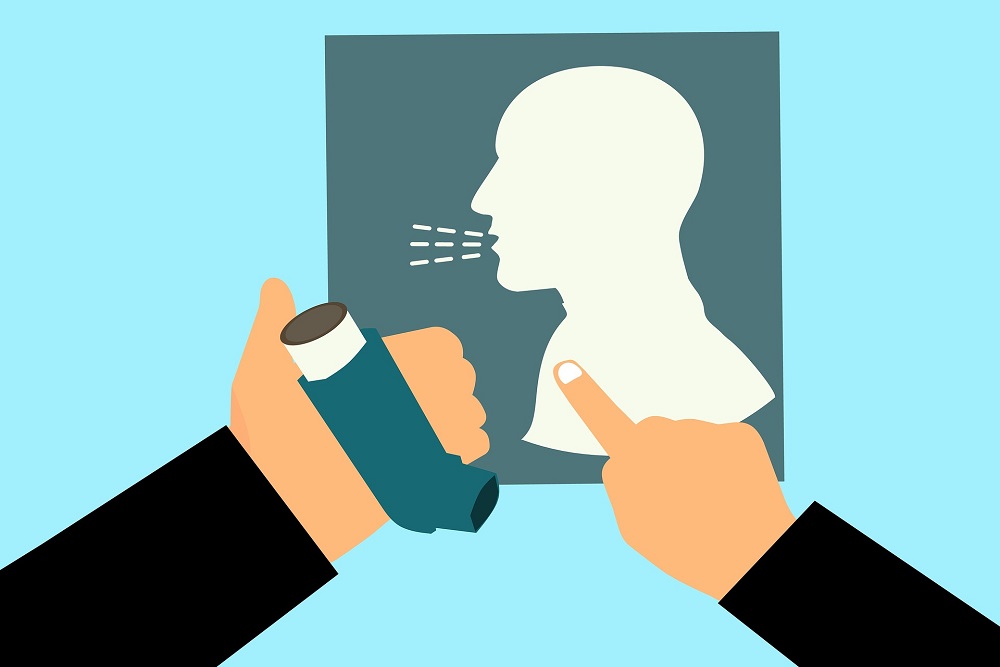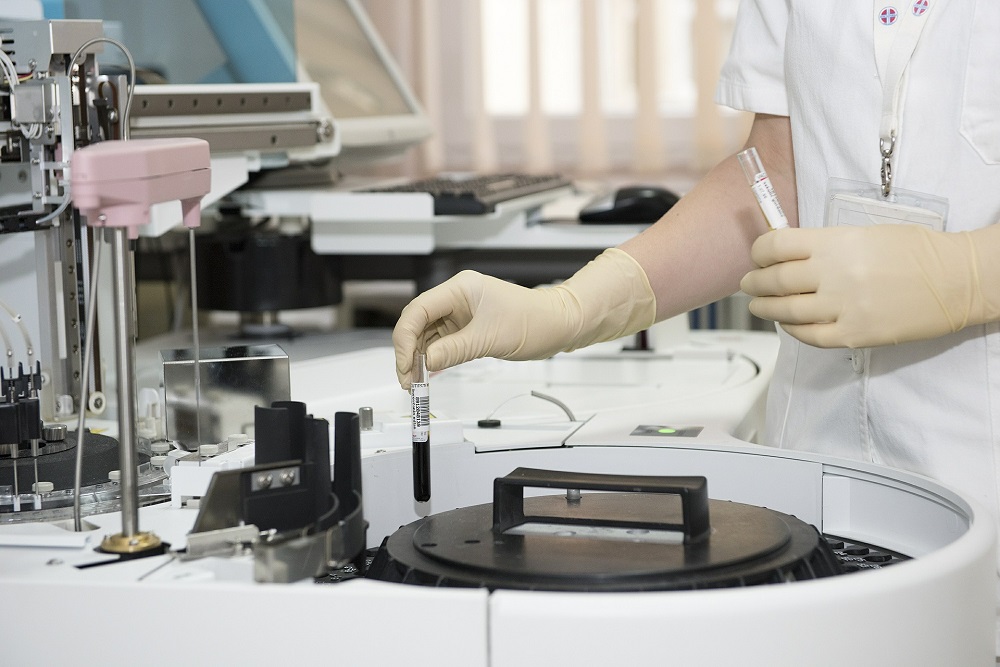Young black people are unlikely to get vaccinated against Coronavirus, a recent Survey of 4000 people within the age grade of 13 to 20, came to that significant conclusion recently. According to the survey, almost one-third of the sample population showed a hesitant trait to the vaccine which is otherwise known as “Vaccine Hesitancy.” This Survey is carried out for academic purpose by Lindsey Macmillan, Jake Anders and Gill Wyness from the University College London and Patrick Sturgis of London School of Economics and it showed that 9 percent of the respondents feel they would “Definitely not” receive the vaccine for the Covid-19 pandemic. In comparison, another 22 percent feel they were “unlikely” to get vaccinated.
The young black population was worse with their level of hesitation when compared with the rest of England. A large number of them feel their hesitation to receive the Covid-19 vaccine is a result of the lack of trust in the system put in place to disseminate the vaccine. This was the conclusion reached by the researchers.
During the Survey, questions were thrown around issues surrounding Covid-19 vaccination to collate adequate data and responses of the respondents. One of the questions asked was their “If a coronavirus vaccine became available and was offered to you, how likely or unlikely would you personally be to get the vaccine?” The answer to this question revealed that young black people showed a higher level of Vaccine hesitation trait than others. Almost 29 percent of them said that they will not want to get vaccinated. On the other hand, only 7 percent of Whites had this same level of hesitancy while 9 percent of Asian were reluctant.
Researchers believe this high percentage of the delineation of the young black population results from their lack of trust in the system. According to the researchers, young black people were poised towards believing and trusting information that comes from their families and friends rather than those of medical professionals and even politicians. This could also be tied to the rumor mills surrounding the Covid-19 pandemic.
The researchers adduced that this could pose a significant challenge in the near future especially if the vaccine would be given to “younger age groups in the months ahead.” Thus, the authorities have a battle on their hands to tackle “these high levels of, and disparities in, vaccine hesitancy” among this population.
An earlier study of black adults also showed that they also were vaccine hesitant. According to the study, 44 percent of the black respondents said they would be hesitant in taking a Covid vaccine, the figure stood around 8 percent for white adults. On the other hand, the recent survey says 64 percent of young black people would be reluctant to take the vaccine in comparison to 25 percent of whites.
Young black people don’t trust the system
According to the team of researchers, most young black people unlike others were unlikely to trust information or instructions from doctors. It was also concluded that this group of respondents were least likely to trust the prime minister as a legit source of information instead, they are more likely to trust their peers, family and even TV news. Though 5 percent of them say they trust the social media as a viable source of news.
Another notable find of the survey is that young black people whose parents are graduate are more likely to be vaccinated. While this is quite interesting, a huge chunk of them, 25 percent of them to be precise, would still refuse to be vaccinated. This figure is also in tandem with those whose parents are not graduates, here, 33 percent of them would not want the Covid vaccination.



